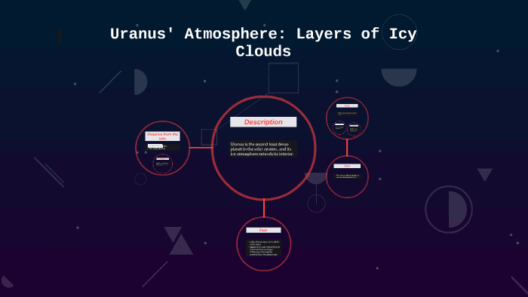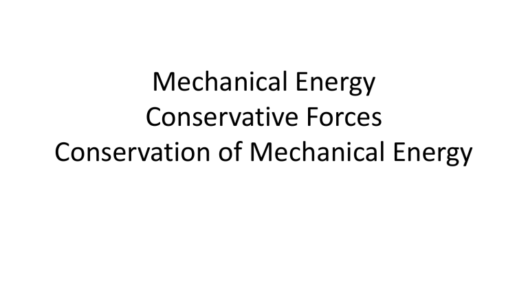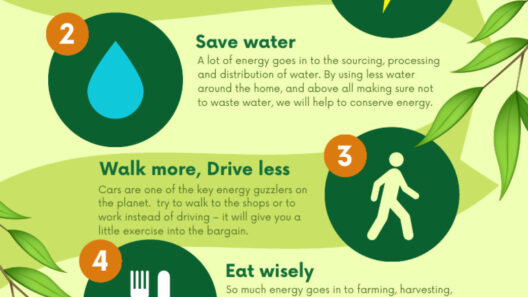In an era characterized by relentless deadlines and incessant notifications, how can one effectively conserve mental energy at work? Imagine the possibility of navigating your workday with resilience and sharp focus, rather than succumbing to the squall of fatigue that often descends upon employees. This inquiry is not merely rhetorical; it poses an enlightening challenge to all professionals. How can we hone our cognitive resources to foster greater productivity while preserving our mental well-being?
The modern workplace can be a veritable labyrinth of distractions, rendering it challenging to sustain peak mental performance. As tasks and responsibilities proliferate, the phenomenon of mental fatigue becomes increasingly prevalent. However, several strategies exist to mitigate this and promote a healthier work environment.
Understand Mental Energy
Mental energy operates in a manner analogous to physical energy. It depletes under duress and can be revitalized through deliberate practices. Recognizing the signs of mental exhaustion is critical. Symptoms may manifest as diminished concentration, irritability, or a feeling of being overwhelmed. By familiarizing oneself with these indicators, a timely intervention can be initiated, warding off more significant burnout.
Prioritize Your Tasks
A pivotal technique for conserving mental energy is adept task prioritization. Utilize matrices or lists to categorize tasks by urgency and importance. The Eisenhower Matrix can serve as an invaluable tool, separating tasks into four quadrants: urgent and important, important but not urgent, urgent but not important, and neither urgent nor important. By systematically tackling the more critical responsibilities first, one can preserve mental energy for the tasks that demand heightened focus.
Implement the Pomodoro Technique
Engaging in time management techniques, such as the Pomodoro Technique, can prove beneficial. This approach promotes work intervals of around 25 minutes, interspersed with short breaks. Such frequent respites not only allow for replenishment of mental energy but also maintain engagement and motivation—essential components in combating fatigue. When was the last time you rejuvenated your focus with a simple five-minute stretch or a walk around the office?
Create a Stimulating Workspace
Environmental factors can substantially influence cognitive performance. Designing a workspace that fosters concentration involves minimizing distractions while simultaneously infusing inspiration. Clear clutter from your desk, utilize ambient lighting, and incorporate elements of nature, such as plants, which have been shown to enhance mood and reduce stress levels. Your environment should resonate with you, invigorating rather than draining your mental resources.
Practice Mindfulness
Incorporating mindfulness practices into your daily routine can markedly enhance mental clarity and energy levels. Techniques, such as meditation and deep-breathing exercises, promote greater self-awareness and reduce the impacts of stress. These practices can be seamlessly woven into your day; for instance, a few minutes of mindful breathing prior to a meeting can foster a more composed and alert mindset, significantly boosting productivity.
Limit Multitasking
While multitasking is often glorified, it often leads to diminished productivity and increased cognitive load. The brain functions more efficiently when focused on one task at a time. By concentrating efforts on singular projects, you can better harness your mental energy and produce higher-quality work. Try to assess your workflow; are you attempting to juggle multiple tasks simultaneously? This realization may provide the impetus needed to refine your methods.
Stay Hydrated and Nourished
Never underestimate the link between hydration, nutrition, and mental performance. The brain relies on water to function optimally. Dehydration can lead to reduced cognitive functions, such as impaired attention and memory. It is imperative to maintain adequate water intake throughout the day. Moreover, consume a balanced diet rich in nutrients that nourish the brain—think omega-3 fatty acids, antioxidants, and vitamins. What might your productivity levels look like if you prioritized nutrition along with your tasks?
Engage in Regular Physical Activity
Incorporating physical activity into your daily routine can significantly ameliorate mental fatigue. Exercise releases endorphins, which elevate mood and create a sense of well-being. Additionally, regular movement helps improve cognitive function and resilience. Whether it’s a brisk walk during lunch or a quick workout before work, any increase in physical activity will yield substantial dividends in mental energy.
Establish Boundaries with Technology
In our hyper-connected world, the omnipresence of technology can lead to chronic distraction and cognitive overload. Establishing boundaries with digital devices is essential to conserve mental energy. Allocate specific times for checking emails and messages rather than succumbing to the impulse of constant connectivity. Enforce ‘tech-free’ periods during your day to create a sanctuary of focus, allowing your mind to recharge.
Reflect and Adjust
Finally, fostering a habit of reflection is vital. After implementing these strategies, take time to assess what works best for you. Every individual is unique; hence, customizing these techniques will yield the most effective results in preserving mental stamina. Adaptation and ongoing self-evaluation will ensure that your approach to conserving mental energy evolves along with your professional demands.
In summary, the quest to conserve mental energy in the workplace is both an art and a science. By prioritizing tasks, utilizing efficient strategies, and nurturing a conducive work environment, professionals can maintain focus and combat fatigue. The ultimate challenge lies not merely in recognizing the potential for improvement, but in actively implementing these practices to achieve a more energized and resilient work life. As we engage in this endeavor, we contribute to a more sustainable and productive future—both individually and collectively.








